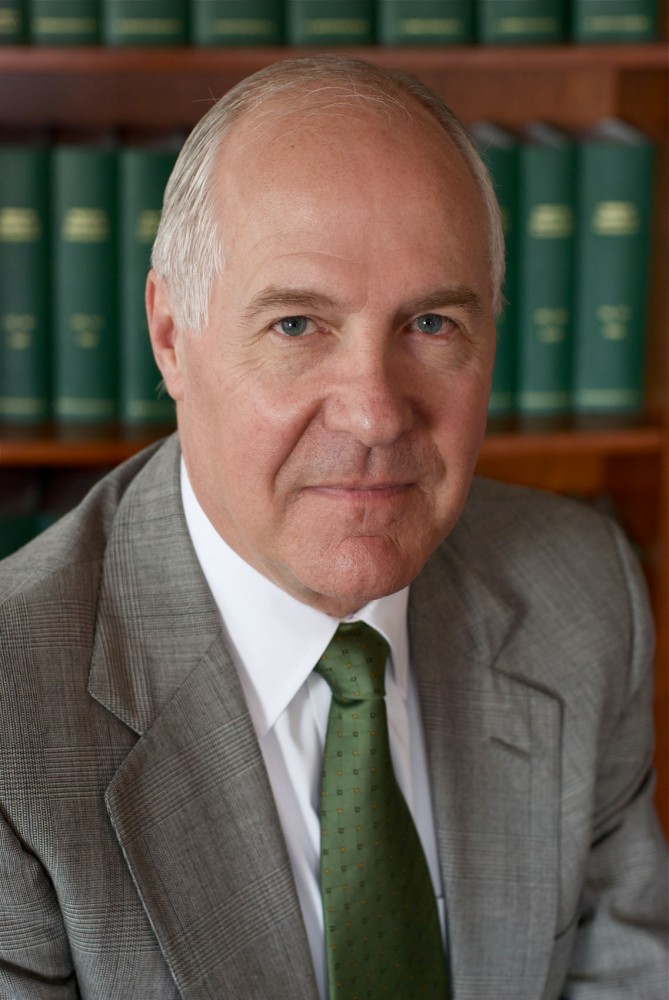The head of the University of Minnesota’s Department of Psychiatry announced that he is stepping down from his position on Thursday amid criticism of the department’s research practices.
Dr. Charles Schulz’s announcement follows years of controversy brought on by the 2004 suicide of Dan Markingson, who was enrolled in an antipsychotic drug study at the University when he died. Two reports that point out flaws in the psychiatry department’s research practices were released this year, furthering the discussion on how the University handled the case.
“With the controversies around the department, especially the two recent investigations, I felt it was most constructive for me to step down as the chair of the Department of Psychiatry,” Schulz said.
Since he came to the University to lead the department in 1999, Schulz has spent his career working with patients, like Markingson, who have schizophrenia or borderline personality disorder.
While Schulz said the department has made many accomplishments under his leadership, he said he regrets dismissing some of the concerns that surfaced after Markingson’s death.
He said he wishes he would have met with Markingson’s mother, Mary Weiss, to discuss the concerns she raised during and after Markingson’s death.
“You can imagine, for years now, that’s been on my mind,” Schulz said.
The state legislative auditor released one of the reports last month, faulting the University for defensive and misleading statements in response to criticism of the school’s clinical trial practices.
In February, the Association for the Accreditation of Human Research Protection Programs oversaw a report that revealed a culture of fear and intimidation within the department.
The school announced the members of an “implementation team” last week. The group will decide how to address the AAHRPP report’s recommendations and is
expected to present its suggestions to University President Eric Kaler by May 15.
After the most recent report was released, Kaler told reporters that the school would consider making staffing changes, but he didn’t mention the psychiatry department specifically.
“If we have people who need to be in different places, we’ll make those changes,” he said last month.
Schulz said he gave a letter of resignation to the Dean of the Medical School and Vice President for Health Sciences Dr. Brooks Jackson a few weeks ago.
He said he’ll continue to work as a faculty member, and he is looking forward to dedicating more time to clinical research.
Academic Health Center spokeswoman Caroline Marin said the department announced the resignation to faculty members Thursday morning.
Dr. Mark Paller, Senior Associate Dean of the Medical School, will lead the department until a new head is selected.
Last month, the school halted enrollment in all current and pending psychiatric drug trials until an external review panel completes a review of the studies and approves them.
“This has been a challenging time for the department of psychiatry and for our research enterprise as a whole,” Jackson said in a press release.


